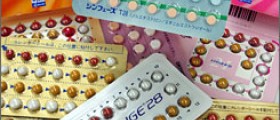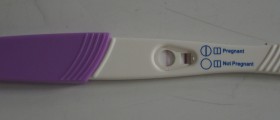If you are a woman who suffers from irritable bowel syndrome, you may have noticed that at the beginning of your cycle, symptoms of your IBS tend to become more bothersome. This is due to the sudden drop in levels of sex hormone that your body naturally produces and as levels drop, symptoms of diarrhea, bloating and abdominal cramping can become more irritating. There is some logic behind the idea of taking birth control pills to help regulate the levels of the hormone in your body but the true question left to answer is do these pills provide you with true relief?
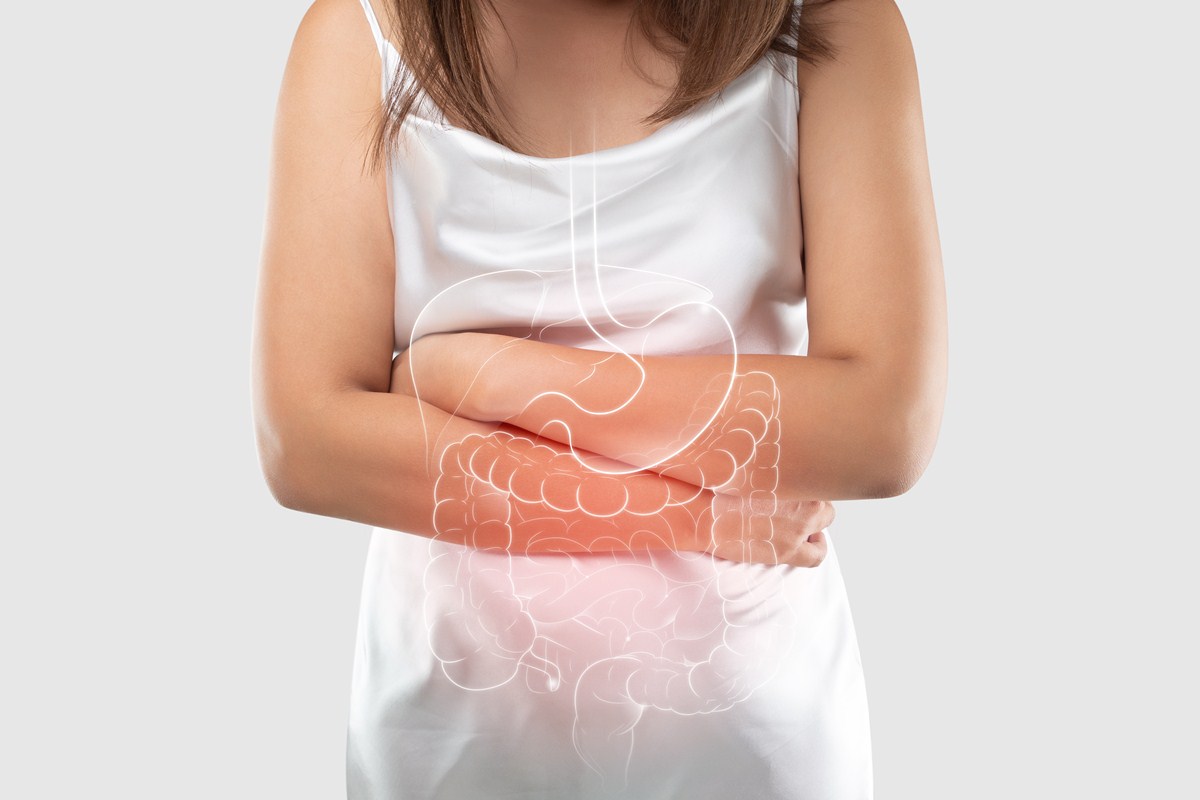
What we know in medicine is that there is indeed an impact of progesterone on the motility of the bowels. As levels of progesterone increase, women will begin to start to feel more pain in their intestinal tract. Multiple studies in medicine have that high doses of progesterone tend to decrease the emptying time of your contents in the gut while lower doses of progesterone lead to constipation. No study has shown this pattern in women who are considered to be healthy individuals.
Why the theory that OCPs could be used to help placate the effects of IBS stem from the mechanism of action of these class of medicine. You are taking in doses of estrogen or progesterone that will increase the levels of the sex hormone in your body, but they will also help stabilize your cycle. During a normal menstrual cycle, the levels of both estrogen and progesterone rise and fall naturally to help prepare the uterus for potential implantation of a fertilized egg. Once levels fall, your body will begin to slough off the linings of the uterus and you will have your period. By taking these pills constantly, there is not the same fluctuation in your levels of estrogen and progesterone so the symptoms should not be as bothersome.
In one comprehensive overview of the effects of gender on IBS symptoms, it was determined that men typically will have more diarrhea-like symptoms compared to women who typically have constipation. Women also tend to have worsened bouts of constipation during their menstrual period. In a study done to determine if OCPs could help reduce the symptoms of the disease, it was seen that there was only a mild reduction of abdominal pain that was not significantly different to those seen in the control group.
What was also observed was women who suffer from IBS actually had an increase in their symptoms when they reached menopause if they elected to take hormone replacement therapy. This leads to a conclusion that there does not seem to be any significant benefit from taking your medications for your IBS symptoms and taking additional hormones when you reach menopause will worsen your symptoms. A more effective strategy in order to help manage your symptoms would be to try to manage the amount of stress in your life and improve your diet to help fight the IBS symptoms. Some patients benefit from avoiding dairy products and spicy foods as well so it is worth a try if you haven't already attempted this intervention. [1]
- 1.) https://academic.oup.com/gastro/article/3/3/185/613343
- Photo courtesy of SteadyHealth


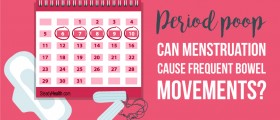
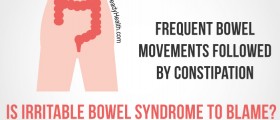


_f_280x120.jpg)








